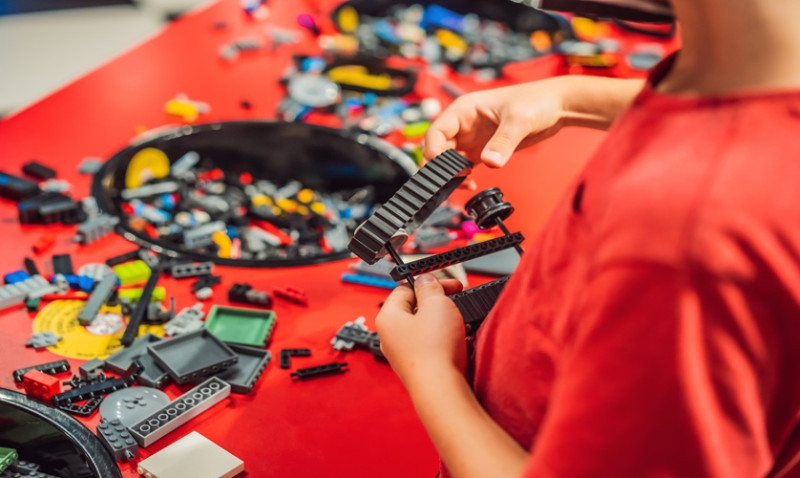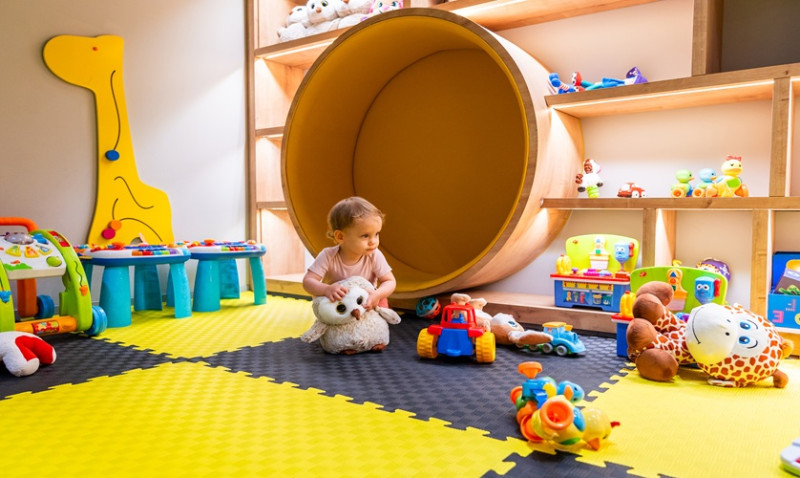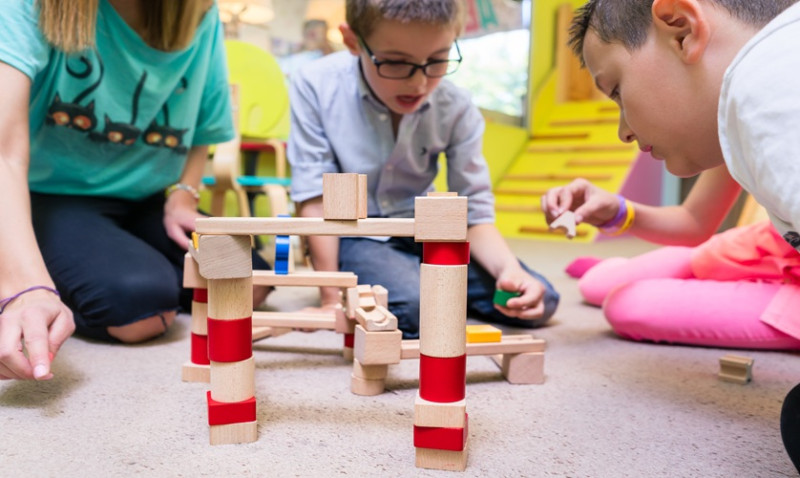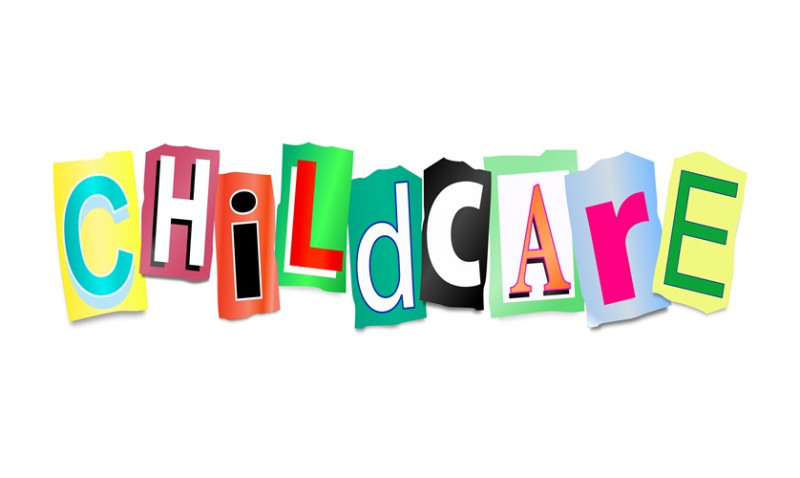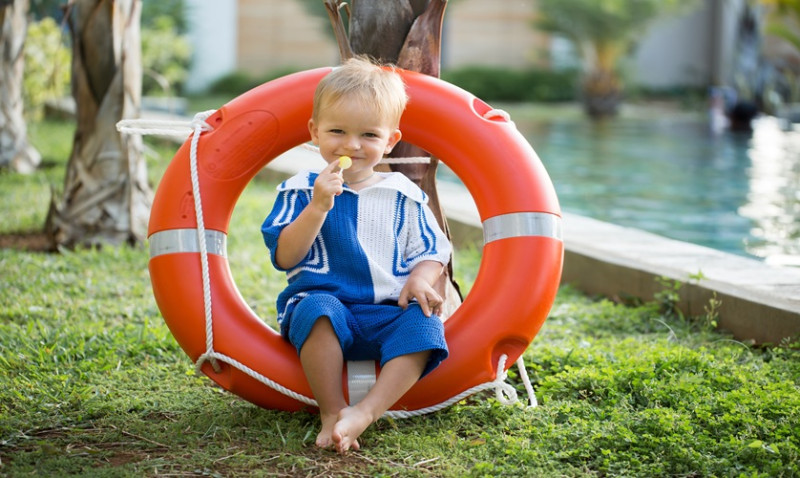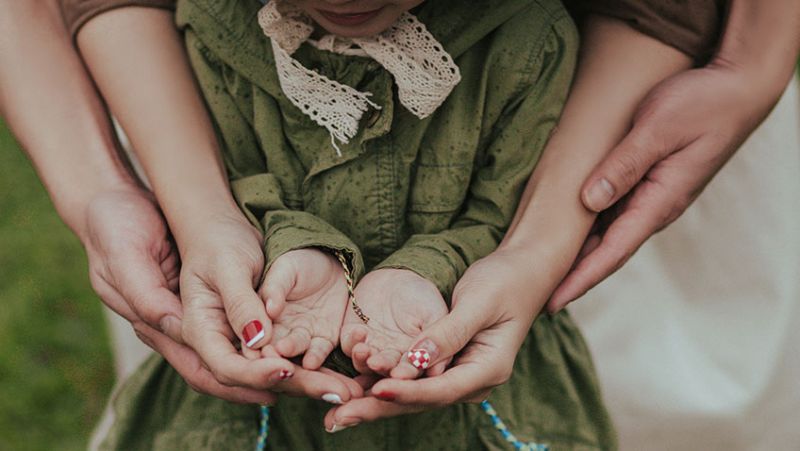
The first moment you hug your child is a memory you'll never forget. It's a lovely sensation to hold them in your arms and feel the warmth of their bodies. It's a one-of-a-kind experience! But, other than making you feel all warm and fuzzy, did you realize there are scientific benefits? That is correct. Warm and pleasant sentiments, it turns out, are linked to good physical and mental changes in our bodies. It's crucial for your child's emotional, cognitive, and physical growth. Let's look at five scientific reasons to embrace your youngster.
Hugging Keeps Children Healthy
To flourish, children require more than basic nutrition. Physical touch deprivation causes children's bodies to fail to meet yearly growth milestones. This can lead to a problem known as failure-to-thrive. When children are given caring hugs, however, they can swiftly transform from unhealthy to healthy. Hugging causes the release of oxytocin, a hormone associated with trust, safety, and love, according to scientists. When it is produced, this hormone activates certain growth hormones in the body. While scientists continue to investigate oxytocin's complex effects on people, it is certain that the release of this hormone in our brains helps us feel safe.
Hugging Makes Kids Keener
As their brains expand and evolve, children require a lot of sensory input. Infants in orphanages who were seldom handled were shown to have serious cognitive deficits in studies. They did, however, perform better on brain development tests after being detained for just 20 minutes every day for ten weeks. Physical contact, such as a hug or skin-to-skin contact, is critical for development because neonates learn to navigate the environment through touch. Because touch is the first of our five senses to develop, a caring touch gives the stimulation that young brains require for optimal growth and development. Receiving and offering physical affection to your kid will continue to benefit them as they develop. Children who receive more hugs have better-developed brains, according to researchers in physical development from an early age.
Tantrums Can Be Stopped By Hugging
Hugs are beneficial not just to children's intellectual and physical development, but also to their emotional development. A loving hug from an adult who loves them heals the screams of a youngster with a skinned knee faster than anything else. Hugs are also the most effective approach to stop a rage tantrum. Many adults are concerned that embracing a youngster who is having a tantrum may promote negative behaviour. This, however, is a myth. When a child has an emotional tantrum, they're expressing their feelings in response to something in their surroundings. They aren't being obstinate or attempting to ruin the day of others.
Just like adults, kids occasionally lose control of their emotions. Children, however, have not yet learnt to control their emotions. This is an emotional growth milestone, and your child's emotions are like a runaway train until they reach this point. Hugging your child during these extreme emotional outbursts will help them calm down, show them that you are there to support them through difficult times, and prevent an emotional crash.
Hugging Makes Kids Stronger
Adrenaline and cortisol are released into the body and brain during times of hardship and stress. Stress may remain in the bodies of youngsters, reaching dangerous levels, because they haven't learned how to manage their emotions. When this happens, stress hormones can have a negative influence on a child's mental and physical health. According to studies, excessive amounts of stress hormones can have harmful implications in adulthood, including an increased chance of physical sickness, depression, and other unpleasant conditions. Hugs cause the release of oxytocin, which lowers stress hormone levels, buffering the harmful effects and promoting resilience in youngsters.
Hugging Helps Bond With Your Child
Scientific research also shows that hugging your child strengthens your relationship with him or her. Hugs increase trust, reduce anxiety, and deepen connections. And the advantages are mutual. Physical love, both giving and receiving, is beneficial to both you and your kid. You develop a special bond with your child the moment you hold them for the first time, and this bond must be nourished throughout childhood. Your attachment will change as your kid develops, but the urge to feel your loving touch will never go away.
Finally, it should go without saying that the foregoing good outcomes are all the consequence of wanted hugs. Of course, we want to stress the significance of physical autonomy. Another useful lesson is to teach youngsters how to gently avoid hugs and deal with possible unpleasant consequences. So remember that the next time you embrace your child with their consent, you're also doing wonders for their physical and emotional wellbeing.
